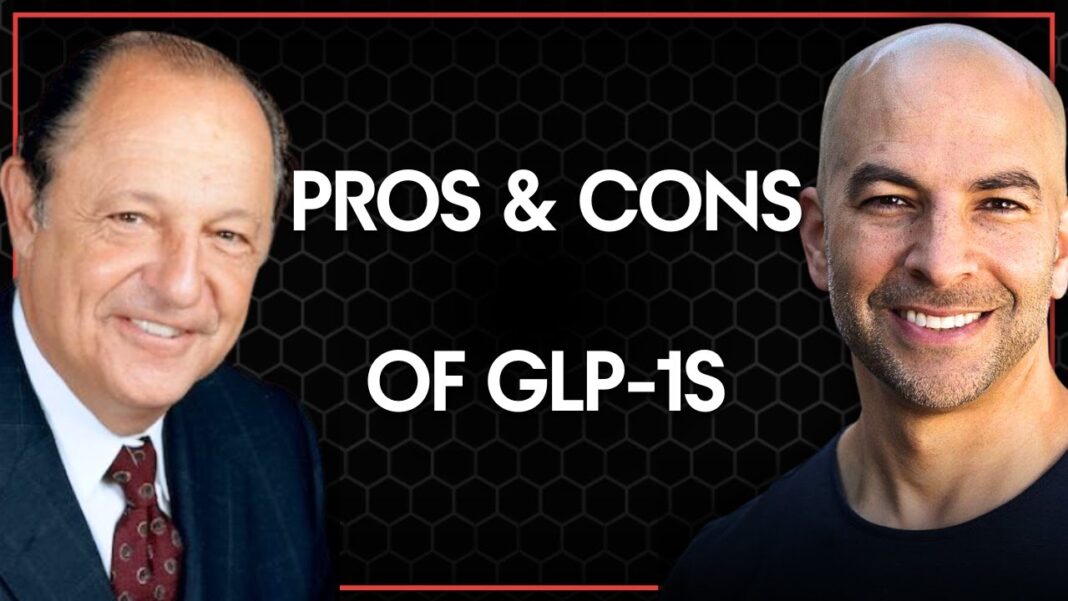Weight-loss medications don’t address root causes of emotional eating, which can be complex.
Overeating stems from various causes. For some, it’s triggered by tempting sights or smells of food, while for others, emotions drive the behavior.
Those who overeat because of external stimuli tend to respond well to GLP-1s, according to a study published in Clinical Diabetes and Healthcare. Those who restrain their eating for weight loss also tend to respond well to medication.
However, the study noted that those who overeat in response to emotions didn’t have as much success with GLP-1s, underscoring the complicated nature of emotions and food.
Understanding Weight Loss
The Japanese study tracked the progress of 92 people with diabetes who started taking GLP-1s over the course of a year, aiming to identify why weight loss isn’t always achieved with the medication.
Researchers wanted to know whether those whose feelings were entangled with food would get positive results from drugs. Both external and emotional eating habits can drive people to eat more, but only emotional eating was associated with negative feelings.
In the study, those motivated by external eating habits experienced greater, sustained weight loss and improved blood sugar levels (reduced HbA1c). Those who said they overate based on emotions had significantly reduced eating in the first three months of treatment, but returned to baseline after a year.
One reason for the findings could be that GLP-1s don’t address the psychological factors involved in emotional eating, co-author Dr. Takehiro Kato of Gifu University said in a news release.
“Individuals with prominent emotional eating tendencies may require additional behavioral or psychological support.”
Emotions Play a Role in Addiction
Addiction may also help explain the findings, according to Joan Ifland, who holds a doctorate in addiction nutrition and uses support group therapy to help untangle emotions from food.
She said emotions can also be the result of eating certain foods, particularly ultra-processed foods made with a combination of sugar, salt, and fat that trigger the so-called “bliss point”—a dopamine response that promotes a desire for more food.
Ifland noted that processed foods create negative feelings and are linked to depression, anxiety, stress, and anger.
“For people who are overeating because of the addiction, it would be expected that a GLP-1 would not help,” Ifland, founder of a private food addiction group called the Addiction Reset Community, told The Epoch Times.
Often the underlying emotional reason for food addiction is rooted in unresolved childhood trauma and learned behavior that food—much like other addictive substances—can soothe pain, she said. That can then create a negative loop with the addictive nature of some foods.
It should be noted that the concept of food addiction is controversial in the medical community.
By Amy Denney








